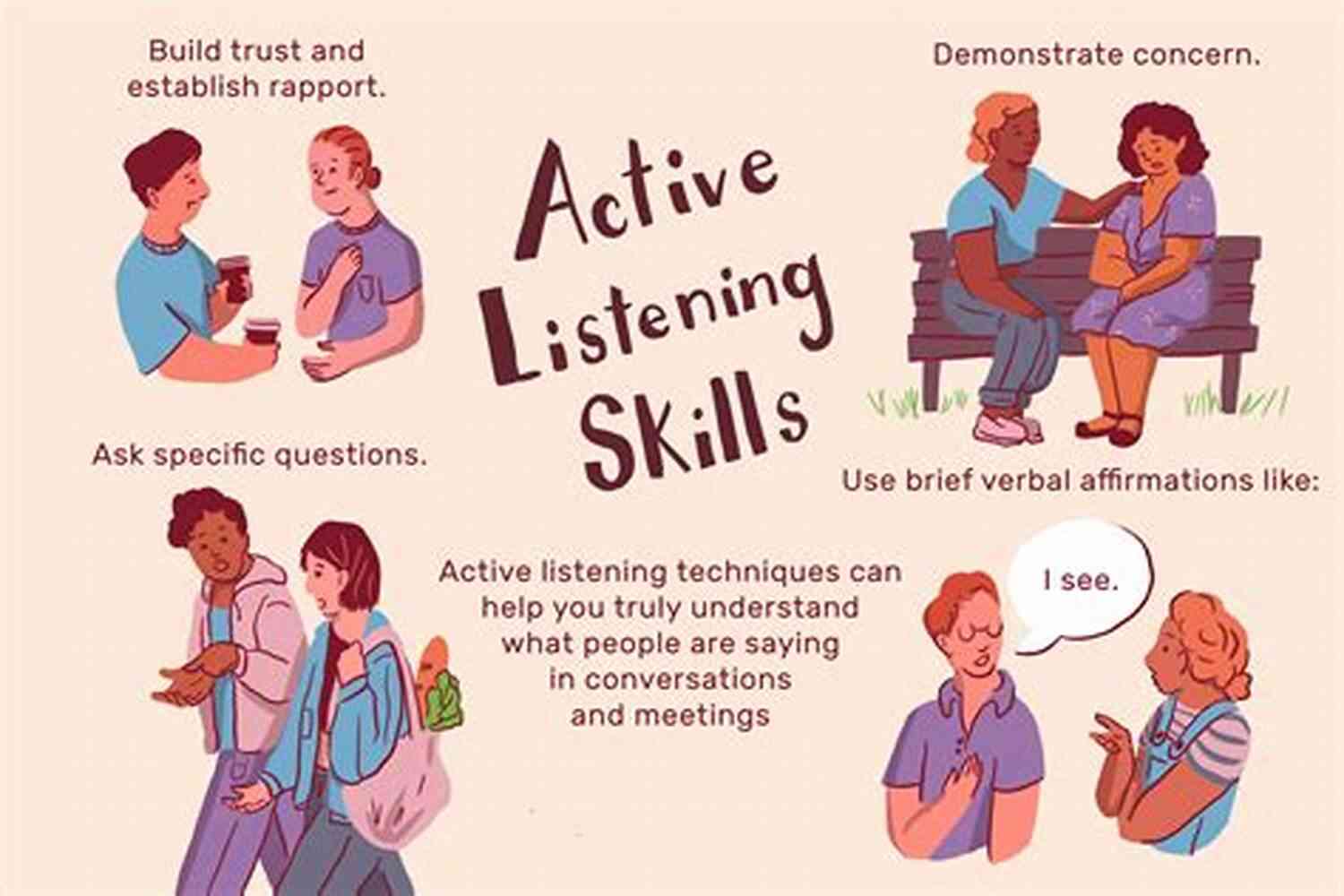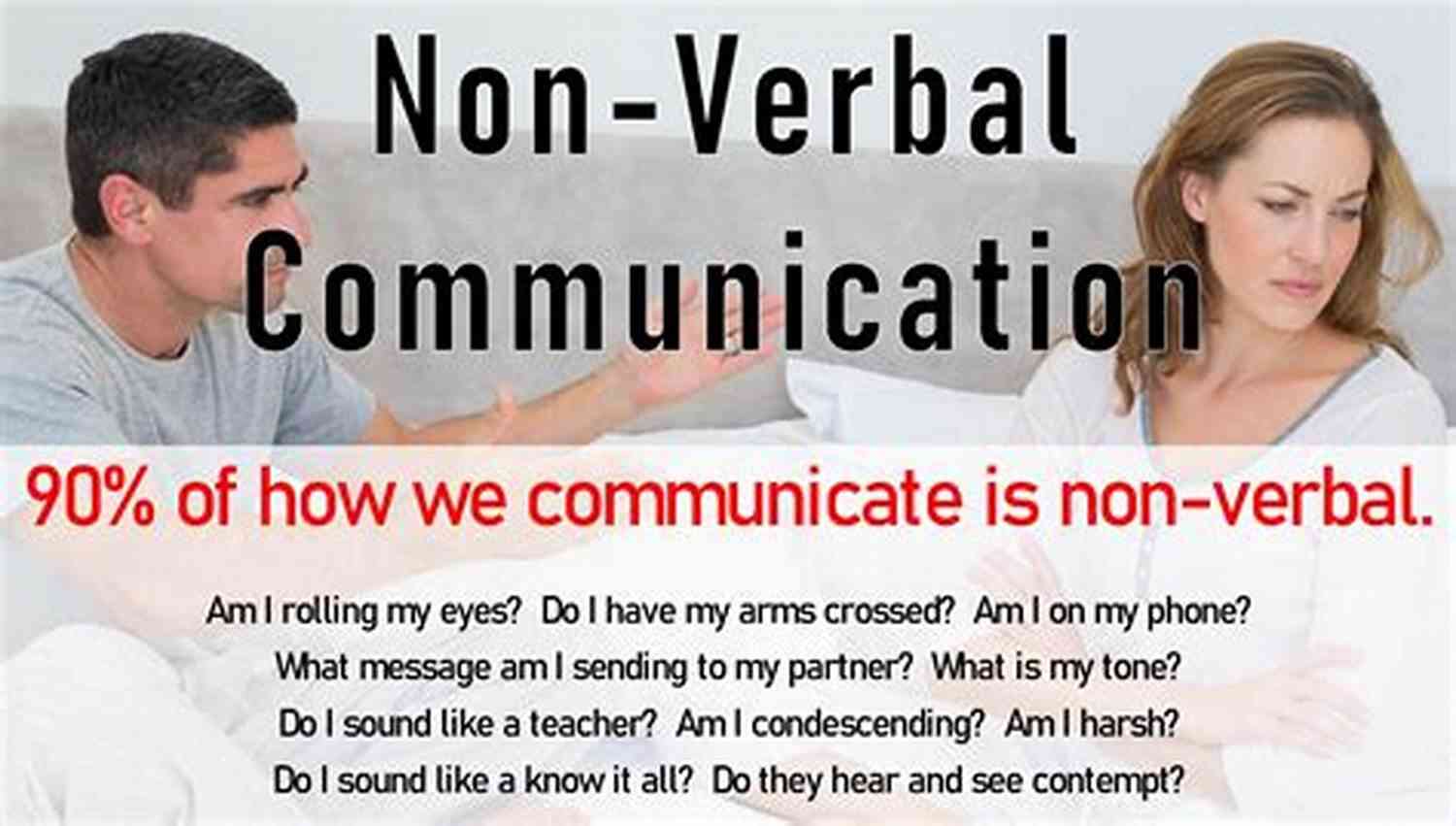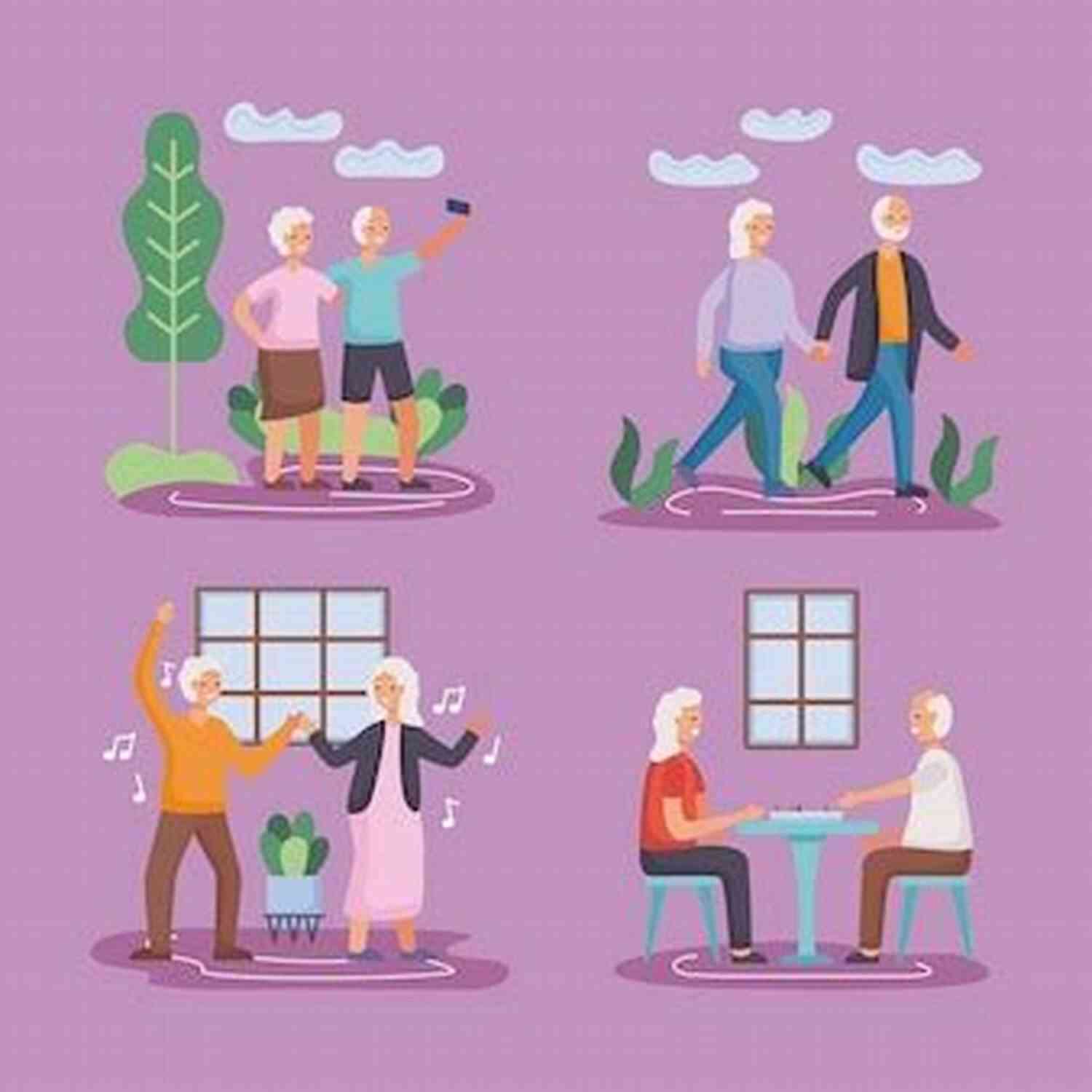Effective communication is the foundation of any successful relationship. Whether you're in a new relationship or have been with your partner for years, it's crucial to continually work on developing better communication skills. In this article, we will discuss six simple steps that can help you build stronger communication with your partner and enhance the overall quality of your relationship.
Step 1: Active Listening
Active listening is an essential skill for effective communication. It involves giving your partner your full attention, avoiding distractions, and genuinely focusing on what they are saying. Make sure to maintain eye contact and provide non-verbal cues that show you are fully engaged, such as nodding or smiling. Active listening helps your partner feel heard and valued, fostering a deeper connection between you both.

Step 2: Expressing Empathy
Empathy is the ability to understand and share the feelings of another person. When communicating with your partner, it's essential to express empathy by acknowledging and validating their emotions. Take the time to step into their shoes and see the situation from their perspective. By showing empathy, you create a safe space for open and honest communication, which strengthens the emotional bond with your partner.
5 out of 5
| Language | : | English |
| File size | : | 518 KB |
| Text-to-Speech | : | Enabled |
| Screen Reader | : | Supported |
| Enhanced typesetting | : | Enabled |
| Word Wise | : | Enabled |
| Print length | : | 18 pages |
| Lending | : | Enabled |

Step 3: Avoiding Assumptions
One of the biggest barriers to effective communication is making assumptions. Often, we assume we know what our partner is thinking or feeling without actually confirming it. Instead of making assumptions, ask questions to gain clarity and understanding. Avoid jumping to s or interpreting their words or actions without proper communication. By avoiding assumptions, you eliminate misunderstandings and create an environment of transparency and trust.

Step 4: Being Mindful of Non-Verbal Communication
Non-verbal communication plays a significant role in how we convey our thoughts and feelings. It includes body language, facial expressions, and tone of voice. Being mindful of your non-verbal communication and actively observing your partner's non-verbal cues can help you better understand their emotions and intentions. Remember, words alone may not always accurately represent one's true feelings, so paying attention to non-verbal signals can enhance your overall communication experience.

Step 5: Practicing Patience and Understanding
Communication breakdowns can happen, and it's crucial to practice patience and understanding during such moments. Keep in mind that effective communication is a learned skill, and it takes time and practice to master. Avoid becoming defensive or impatient if misunderstandings occur. Instead, stay calm, actively listen, and seek to understand your partner's perspective. By practicing patience and understanding, you create an atmosphere of acceptance and support in your relationship.

Step 6: Regularly Review and Reflect
Building better communication skills is an ongoing process. Set aside time with your partner to review and reflect on your communication patterns regularly. Discuss what is working well and identify areas that may need improvement. By regularly reviewing and reflecting, you can make necessary adjustments and grow together as communicators. Remember, improving your communication skills is a lifelong journey that can strengthen the bond between you and your partner.

Building better communication skills with your partner is essential for a healthy and fulfilling relationship. By following these six simple steps - active listening, expressing empathy, avoiding assumptions, being mindful of non-verbal communication, practicing patience and understanding, and regularly reviewing and reflecting - you can create a stronger foundation of communication and enhance the overall quality of your relationship. Remember, effective communication is a continuous process that requires effort and commitment, but the rewards are well worth it.










































































